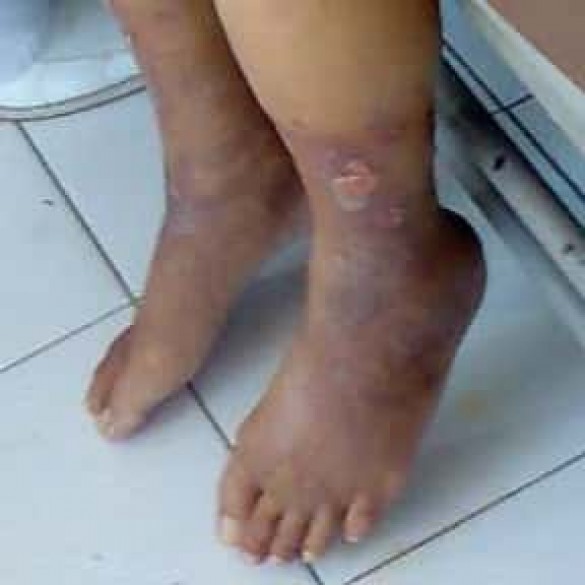
Tobacco consumption is a well-known public health menace, with its deleterious effects spanning far and wide. In this comprehensive guide, we'll delve into the diseases caused by tobacco use, shedding light on the perilous consequences of this addictive habit.
Lung cancer stands as the poster child for tobacco-induced malignancies. The link between smoking and lung cancer is unequivocal, with an alarming number of cases attributed to this lethal habit.
Tobacco use is a major contributor to oral cancers, including cancers of the mouth, lips, tongue, and throat. Smokeless tobacco users are particularly at risk.
Tobacco consumption significantly elevates the risk of cancers affecting the esophagus and throat, leaving a trail of devastation in its wake.
Tobacco smokers are more susceptible to bladder cancer, making it another cancer type that can be traced back to smoking.
COPD encompasses chronic bronchitis and emphysema, both of which are exacerbated by tobacco use, leading to severe breathing difficulties.
Smokers often fall prey to chronic bronchitis, characterized by persistent coughing and airway inflammation.
Emphysema, a debilitating lung condition, is more prevalent among smokers, causing shortness of breath and reduced lung function.
Smoking is a major risk factor for coronary artery disease, a condition that narrows the blood vessels supplying the heart, potentially leading to heart attacks.
Tobacco use increases the likelihood of stroke, a sudden and life-altering event caused by impaired blood flow to the brain.
PAD, characterized by narrowed blood vessels in the extremities, is more common in smokers and can lead to serious complications.
Tobacco's detrimental impact extends to bone health, increasing the risk of osteoporosis, which can lead to fractures.
Both male and female smokers face reduced fertility, with increased risks of miscarriages, preterm births, and birth defects.
Tobacco use is associated with an elevated risk of type 2 diabetes, compounding the health risks for smokers.
Rheumatoid arthritis is more prevalent in smokers, intensifying joint pain and discomfort.
It's not only smokers who suffer. Secondhand smoke exposes nonsmokers to similar health risks, including respiratory infections, sudden infant death syndrome (SIDS), and low birth weight in infants.
Smokeless tobacco products, such as snuff and chewing tobacco, may not involve smoking, but they carry their own set of health risks, including oral, esophageal, and pancreatic cancers.
Nicotine, the addictive component of tobacco, can lead to long-term dependency, making quitting a challenging journey for many.
Tobacco use is linked to an increased risk of anxiety and depression, creating a challenging interplay between mental health and addiction.
Despite the daunting health risks, it's never too late to quit smoking or using tobacco. Quitting can significantly reduce the chances of tobacco-related diseases.
Various programs and resources are available to assist those looking to quit smoking, offering the support needed to break free from this harmful habit.
As we unveil the grim reality of diseases caused by tobacco, the imperative to quit becomes ever more pressing. The consequences of tobacco use ripple through every facet of health, affecting not just the smoker but also those exposed to secondhand smoke. Breaking free from tobacco's grip is a life-saving decision, and support is readily available for those embarking on this journey to better health.
India and I2U2 Partners Launch Private Enterprise Partnership to Advance Collaborative Initiatives
Unconventional Careers: 5 Weird Jobs from Around the World
Finance Ministry Upbeat About FY24 Growth at 6.5% Despite Balanced Risks